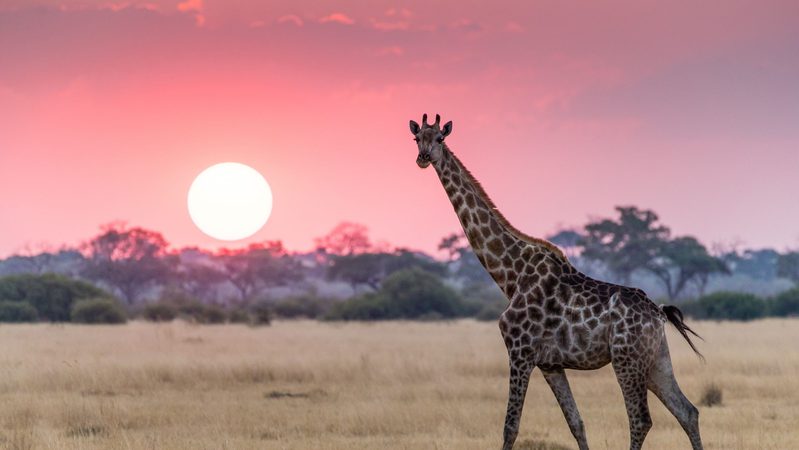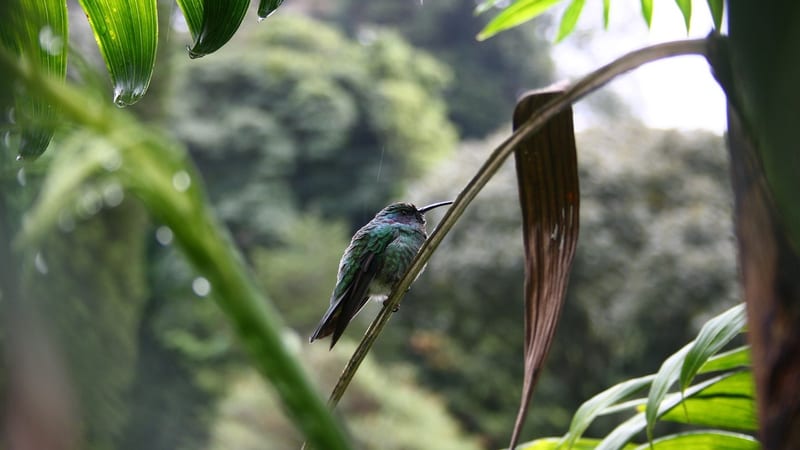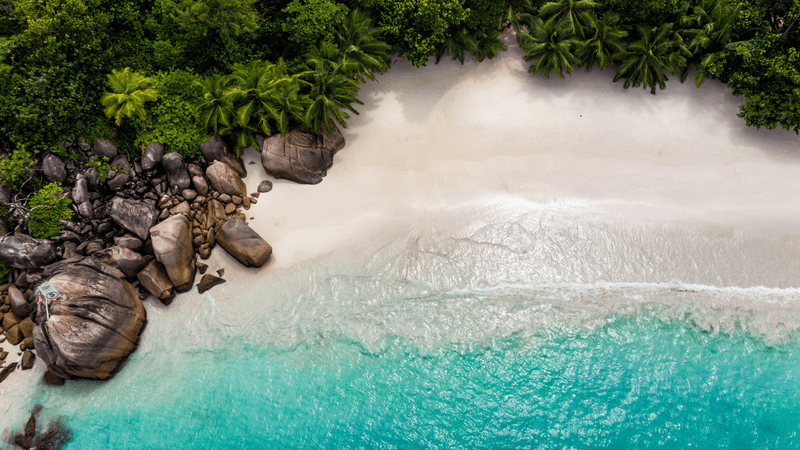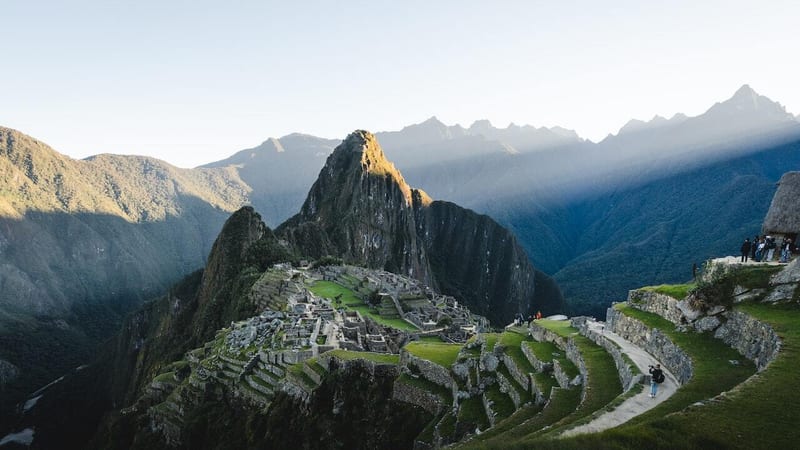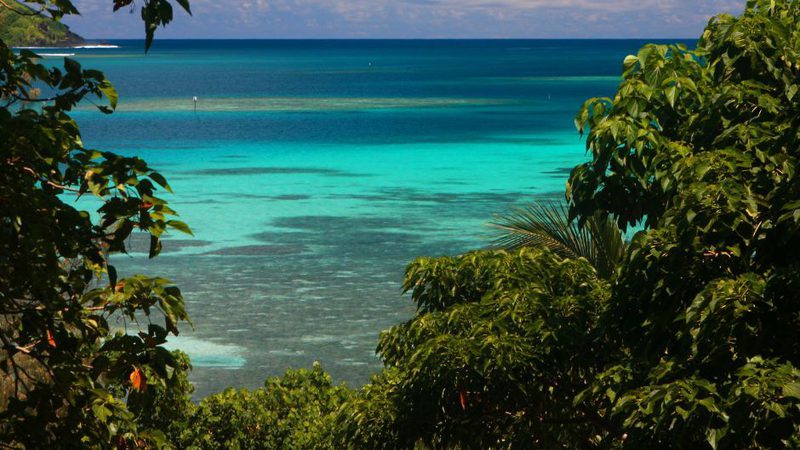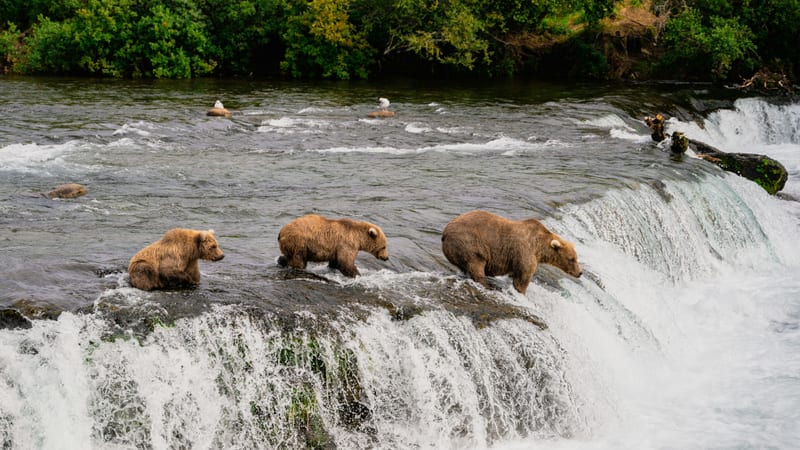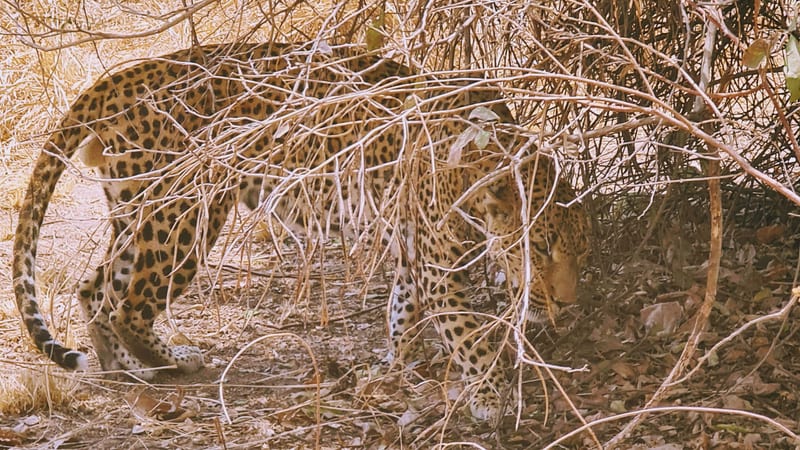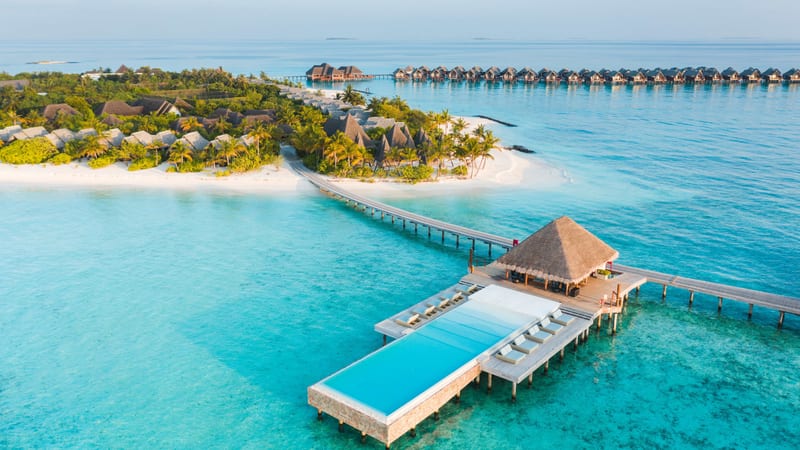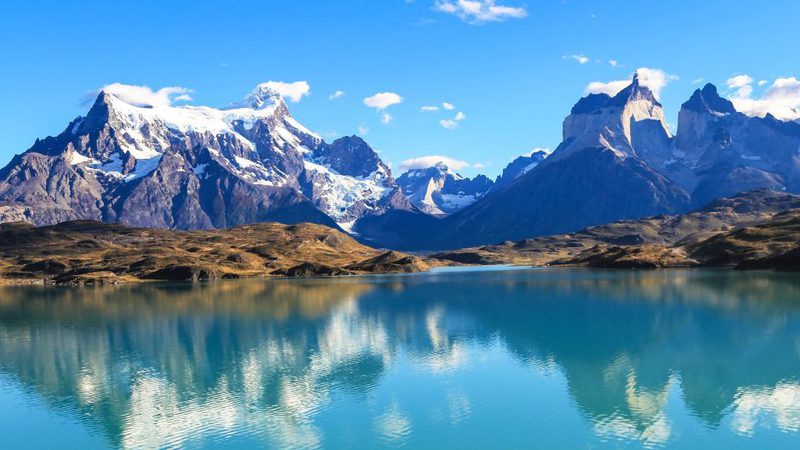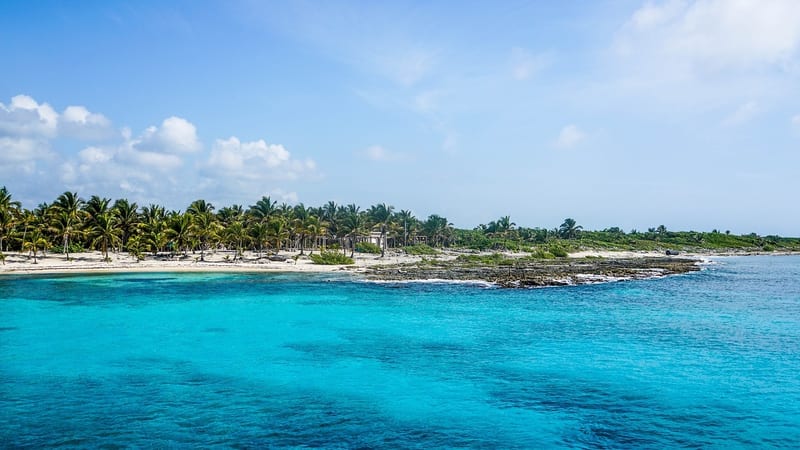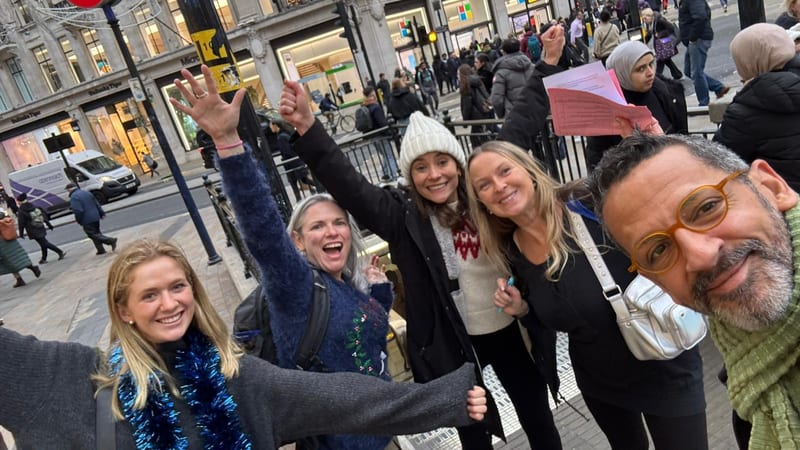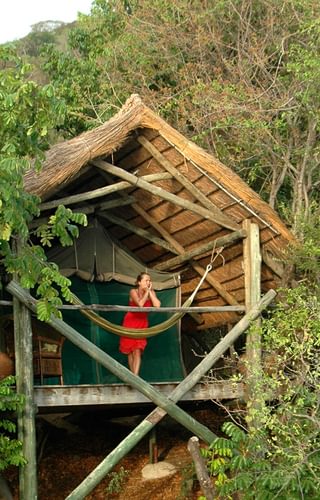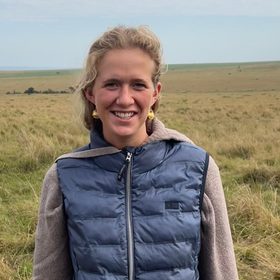Low-impact, sustainable self-catering lodges surrounded by untouched paradise.
Location: Domwe Island is the largest unpopulated island in Lake Malawi, situated within the UNESCO World Heritage-listed Lake Malawi National Park. Located just across the narrow Ilala Gap from the mainland, the island’s unique geography has allowed wildlife to thrive, making it a truly exceptional destination. Its tranquil, natural environment makes it an ideal retreat for nature lovers and adventure seekers alike.
Rooms: Domwe Island Adventure Camp offers three fully-furnished safari tents and two tent sites, each set in a beautiful location near the beach. The safari tents are comfortable and spacious, providing a restful stay with stunning views. The tent sites come with wooden decks and thatched roofs, providing a more rustic experience while ensuring comfort and privacy. Additional mattresses can be hired for extra space.
Amenities: The camp operates on a self-catered basis, with fully stocked kitchen facilities and two full-time kitchen staff. Guests have access to a dining area, bar, and a water sports gazebo for relaxing or enjoying the view. While there is no electricity, the camp uses solar power, paraffin lamps, and wind-up torches to ensure minimal environmental impact.
Activities: Guests can choose to kayak or boat to the island, where they can enjoy various activities like snorkelling, kayaking, and hiking. Equipment rental is available, including sea kayaks and snorkelling gear. For those seeking a more adventurous experience, the island offers plenty of opportunities for exploration and relaxation.
Sustainability: Domwe Island Camp is committed to minimising its environmental impact. The camp uses solar energy, dry composting toilets, and sustainable materials for building. Local materials, such as wood and thatch, are sourced responsibly. The camp also supports community initiatives and employs staff from the local village, fostering economic growth in the area.
Best places to stay in Lake Malawi
Malawi Trip Inspiration
Speak to a Malawi expert today
and start planning your tailor-made vacation

Alistair

Ben


